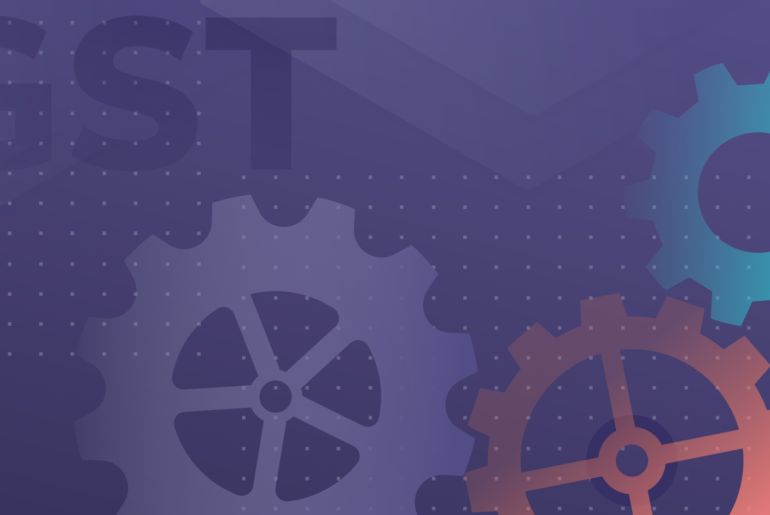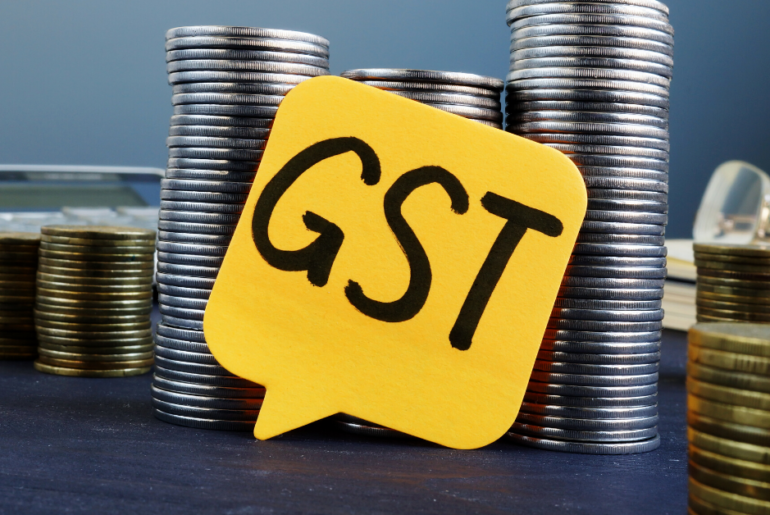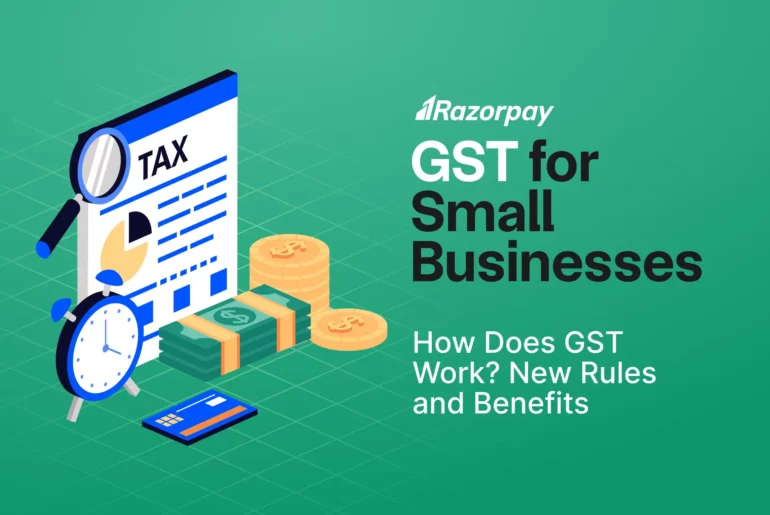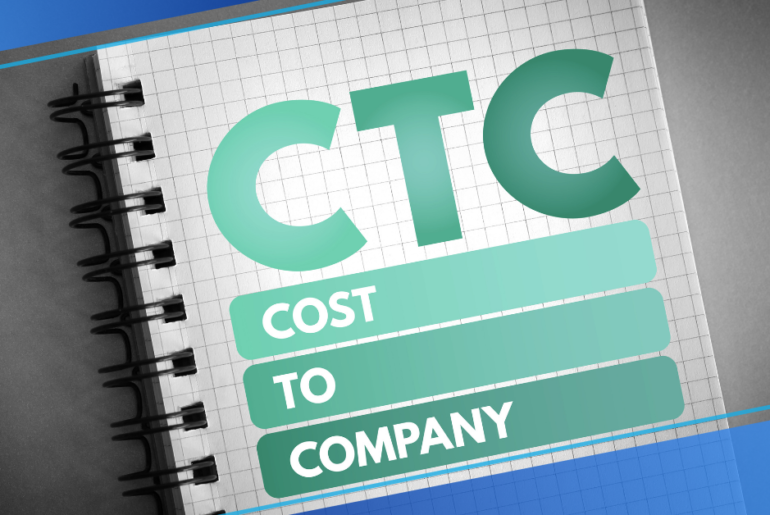Time of supply is the point of time when the goods are considered supplied. Learn the importance of time, place and value of supply under GST here.
The GST Composition Scheme is ideal for businesses with a turnover of less than Rs 1.5 crore in a financial year. Read all about the composition scheme here.
Understanding reverse charge mechanism can help businesses surmise their transactions in a more comprehensive manner.
Input tax credit (ITC) under GST can be claimed by a registered person only if fulfils certain conditions. Read here to know all about the input tax credit.
What determines if CGST, SGST or IGST is applicable? What is Central Goods and Services Tax (CGST) and State Goods and Services Tax (SGST)? Read to know.
The ESI scheme applies to all factories and establishments where employee strength is 10 or more. It is a self-financed social security scheme designed to protect employees covered under the ESI act.
GST offers numerous benefits to startups like simple tax processes, online procedures and ease of doing business.
Gross salary is the total of all the components of the salary offered to an employee. It includes the earnings before deductions such as TDS, PF, etc.
GST has replaced most other indirect taxes like service tax, VAT, central excise duty, additional customs duty, surcharges and octroi.
Cost to Company (CTC) is the total cost that a company would incur on an employee in a year. This cost includes monetary and non-monetary amounts spent on an employee.










